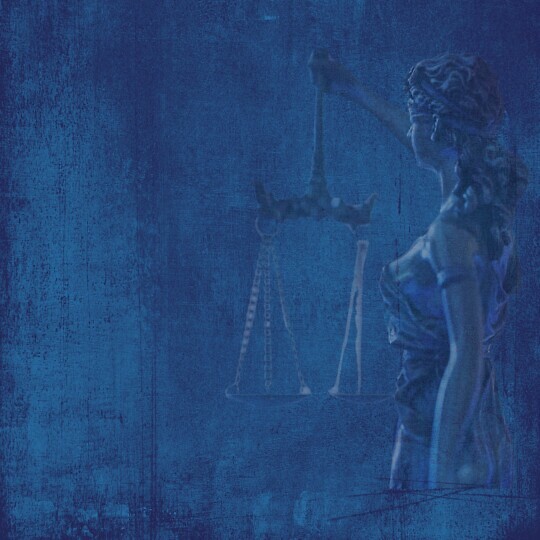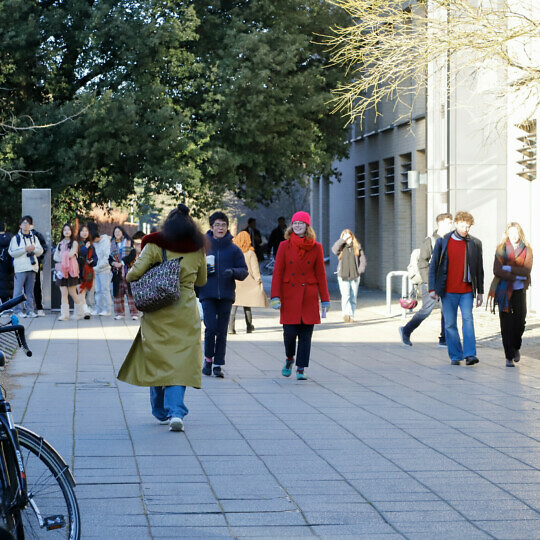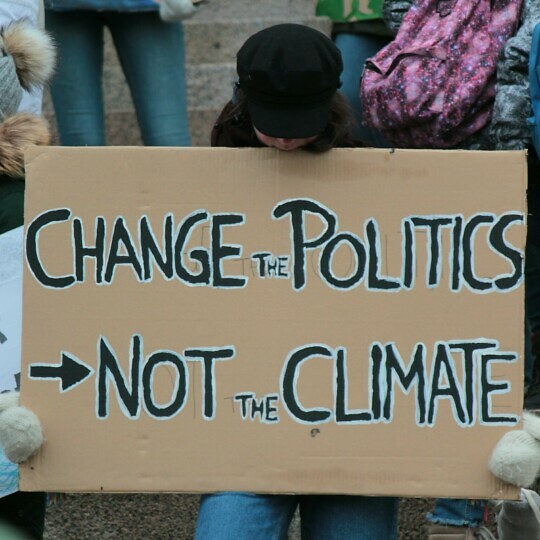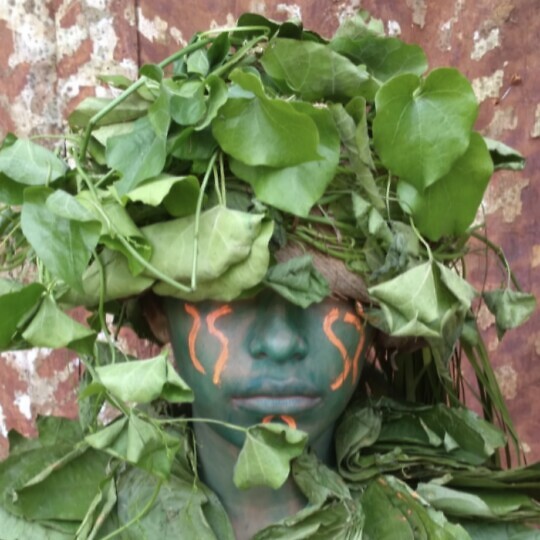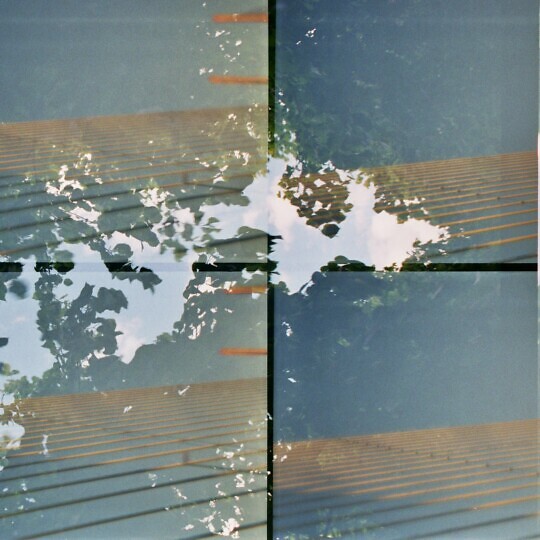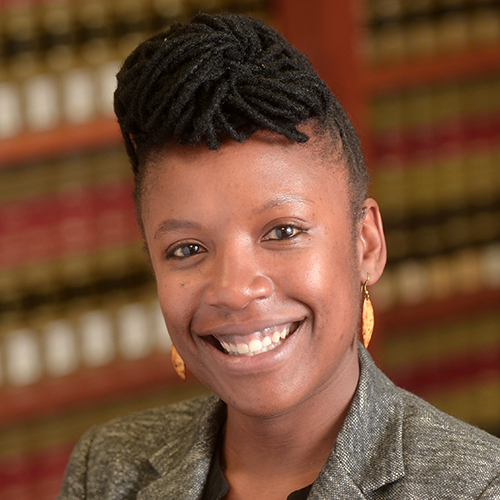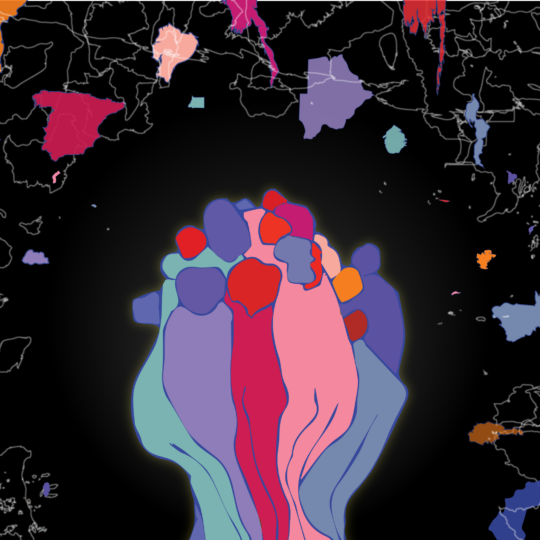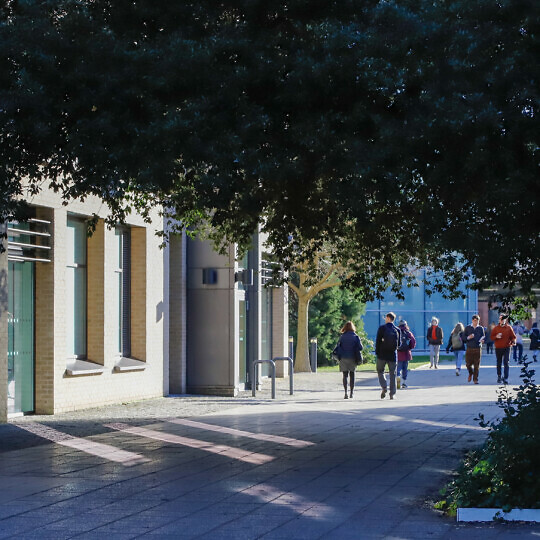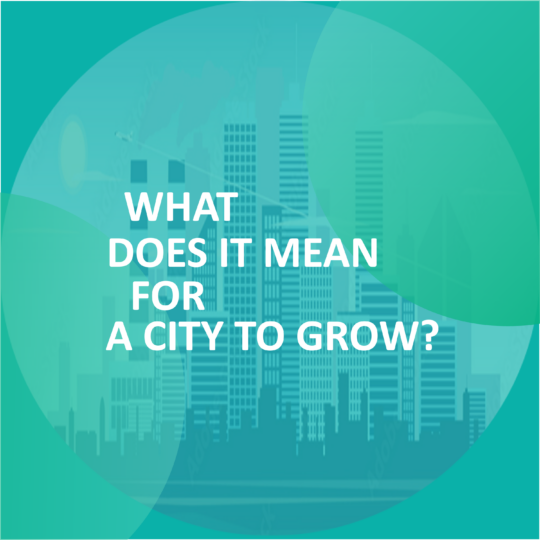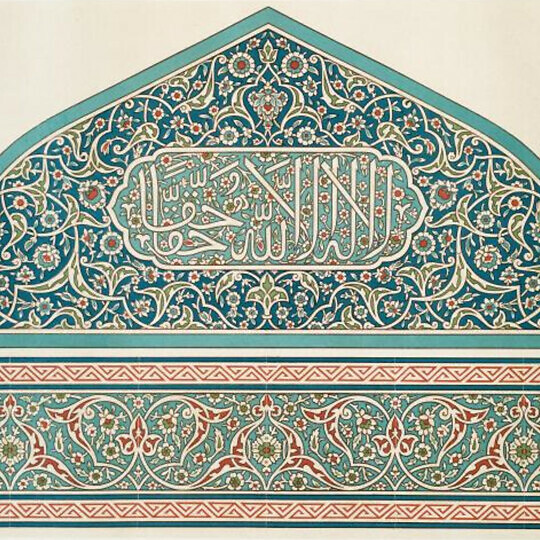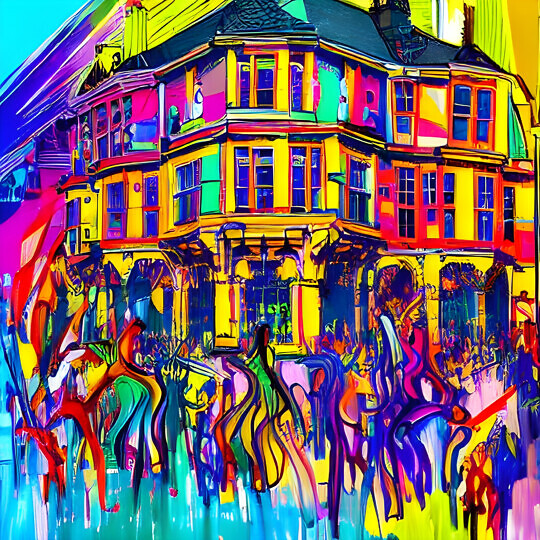| 17 Dec 2015 - 18 Dec 2015 | All day | CRASSH (SG1&2), Alison Richard Building, 7 West Road, CB3 9DT | |
- Description
- Programme
Description
Registration for this conference has now closed.
Fees: £40 full/£20 students
Conveners
Emma Spary (University of Cambridge)
Marjolijn Bol (University of Amsterdam and Max Planck Institute for the History of Science)
Summary
This interdisciplinary conference aims to bring together scholars from the sciences, social sciences and humanities in order to address material practices of mimesis. Aristotle, in one of the first definitions of the concept, argues that mimesis, or the imitation of nature, refers to both form and material. Thus far, scholarship has mostly focused on the role of form in mimetic practices, while the mimetic role of materials, despite the many disciplines in which these are central to making and knowing, remains significantly understudied.
Materials play a fundamental role in mimetic practices, from the earliest known examples to some of the most recent. Ancient ceramic vessels, for instance, some nearly four millennia old, imitate the visual appearance of other materials like metal or straw, while medieval artisans gave wood the costly appearance of marble, or made paper seem like gilded leather. The industrial revolution and chemical innovation created many new opportunities for material mimesis, crowned with the invention of plastics, which can be transformed into almost anything imaginable. Today, computer science allows us to flip pages of digital paper and navigate the visible world in three dimensions, while material science has invented biomaterials that replace the cells of our bodies, smart materials that can assume the appearance of their surroundings, and drugs that imitate the material of neurotransmitters, to name but a few. The role of materials in mimesis is by no means limited to the past: the practice will continue to have an impact in the future which cannot be foreseen.
Sponsors


Supported by the Centre for Research in the Arts, Humanities and Social Sciences (CRASSH).
Accommodation for speakers selected through the call for papers and non-paper giving delegates
We are unable to arrange or book accommodation, however, the following websites may be of help.
Visit Cambridge
Cambridge Rooms
University of Cambridge accommodation webpage
Administrative assistance: events@crassh.cam.ac.uk
Programme
| Day 1 — Thursday 17th December 2015 | |
| 9.30–10.00 | Registration and Coffee |
| 10.00–10.15 | Welcome and Introduction — Marjolijn Bol and Emma Spary |
| 10.15–12.30 | Session 1 — Substitution
Discussion |
| 12.30–13.45 | Lunch |
| 13.45–15.30 | Session 2 — Making Material Knowledge
Discussion |
| 15.30–16.00 | Coffee |
| 16.00–17.45 | Session 3 — Added-value
Discussion |
| 18.00–19.00 | Keynote Lecture
|
| 19.30 | Conference Dinner |
| Day 2 — Friday 18th December 2015 | |
| 10.00–12.15 | Session 4 — Materializing the Impossible
Discussion |
| 12.15–13.45 | Lunch |
| 13.45–15.00 | Session 5 — Preservation
Discussion |
| 15.00–15.30 | Coffee |
| 15.30–17.30 | Session 6 — Mimesis Beyond 'Matter'?
Discussion |
| 17.30 | Closing Remarks |

